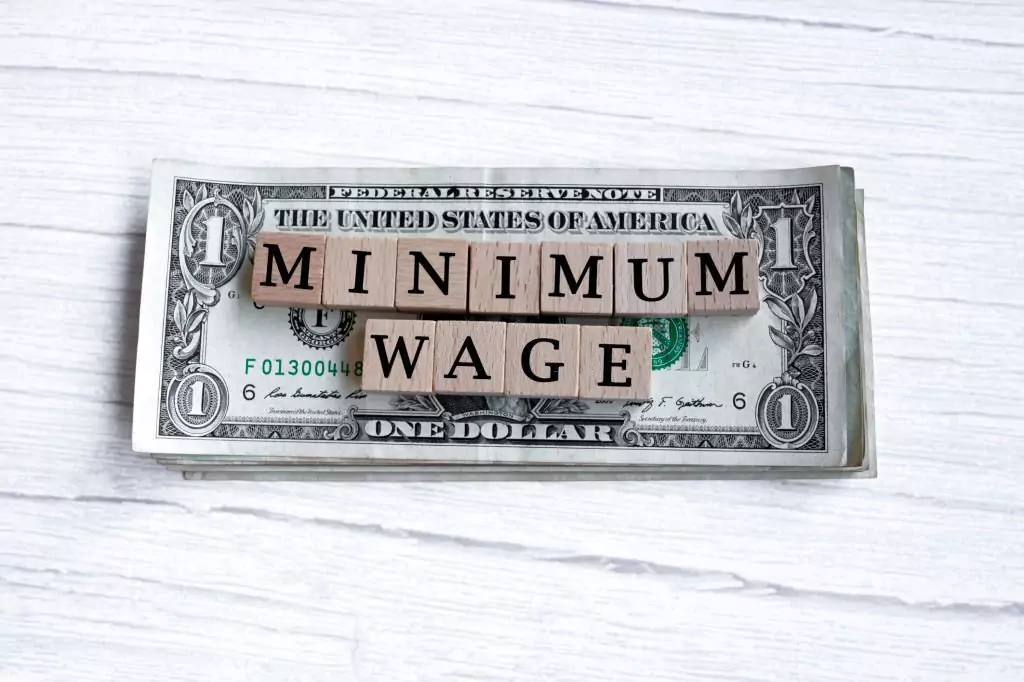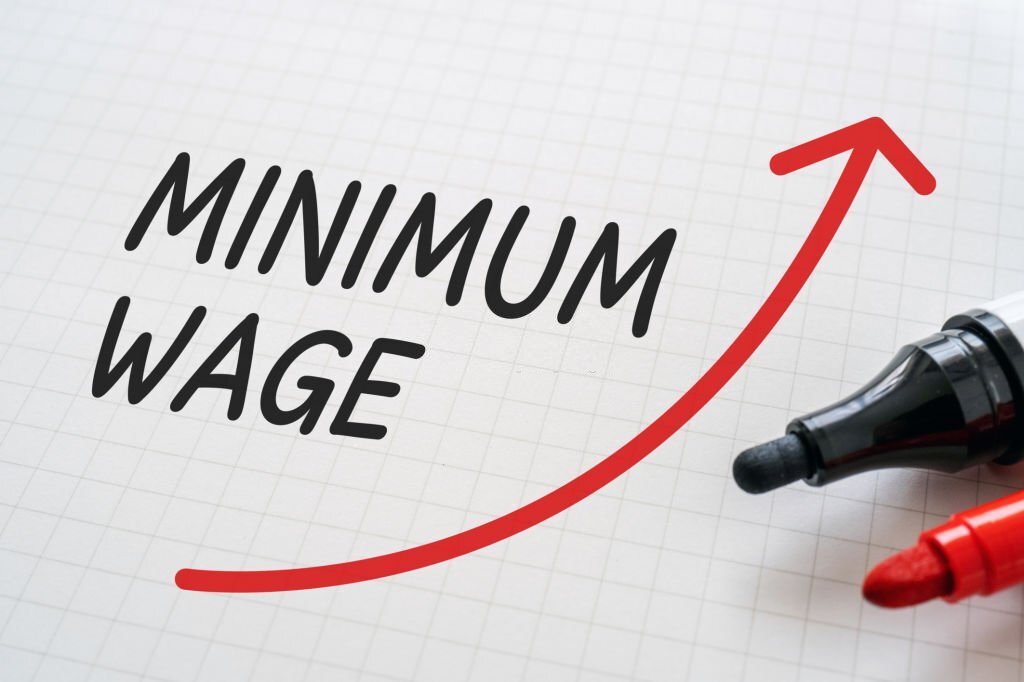Introduction
The minimum wage is a crucial labor standard that ensures workers receive fair compensation for their work. In California, the minimum wage plays a significant role in protecting employees’ rights and promoting economic stability. This article provides an in-depth look at the minimum wage in California, including its current rate, historical changes, and variations in different cities.

Current Minimum Wage in California
As of January 1, 2023, the minimum wage in California is $15.50 per hour for all employers. This rate applies to employers with 25 employees or more. However, it is essential to note that some cities and counties within California have higher minimum wages than the state’s rate. These local jurisdictions have enacted ordinances establishing higher minimum wage rates for employees working within their boundaries.
Local, State, and Federal Minimum Wage
Most employers in California are subject to both federal and state minimum wage laws. Additionally, local entities, such as cities and counties, have the authority to establish their own minimum wage rates. When there are conflicting requirements in these laws, employers must follow the stricter standard that is most beneficial to the employee. For instance, since California’s law mandates a higher minimum wage rate than federal law, all employers in the state must pay the state minimum wage rate, unless their employees are exempt under California law. Similarly, if a local entity has established a higher minimum wage, employees must be paid the local wage if it surpasses the state or federal rates.
Historical Changes in the Minimum Wage
California has been on a phased approach to reach a $15 minimum wage for all employers since 2017. This gradual increase has seen incremental adjustments to the minimum wage each year. For example, the minimum wage for employers with 25 employees or less started at $10.00 per hour in January 2017 and increased annually until it reached $15.50 per hour on January 1, 2023.

Recent Changes in City Minimum Wages
As of July 1, 2023, several cities in California have increased their minimum wages for non-exempt employees. Some notable cities and their respective minimum wage changes include:
- Alameda: Increased from $15.75 to $16.52 per hour
- Berkeley: Increased from $16.99 to $18.07 per hour
- Emeryville: Increased from $17.68 to $18.67 per hour
- Fremont: Increased from $16.00 to $16.80 per hour
- City of Los Angeles: Increased from $16.04 to $16.78 per hour
- County of Los Angeles (unincorporated areas only): Increased from $15.96 to $16.90 per hour
- Malibu: Increased from $15.96 to $16.90 per hour
- Milpitas: Increased from $16.40 to $17.20 per hour
- Pasadena: Increased from $16.11 to $16.93 per hour
- San Francisco: Increased from $16.99 to $18.07 per hour
- Santa Monica: Increased from $15.96 to $16.90 per hour
- West Hollywood: Increased from $17.00/$17.50 to $19.08 per hour
Exceptions to Paying Minimum Wage
While the majority of employees are entitled to the minimum wage, there are some exceptions. Exempt individuals include outside salespersons, immediate family members (parent, spouse, or child) of the employer, and apprentices indentured under the State Division of Apprenticeship Standards. Additionally, learners with no prior related experience may be paid not less than 85 percent of the minimum wage during their first 160 hours of employment in certain occupations.
Conclusion
The minimum wage in California is a critical labor protection mechanism that ensures workers receive fair compensation for their contributions. With the recent increase to $15.50 per hour, the state continues to prioritize the well-being of its workforce. Additionally, various cities within California have established higher minimum wages to address local economic conditions. As California’s economy evolves, the minimum wage will remain a crucial aspect of maintaining equitable labor practices and promoting economic prosperity for all.
